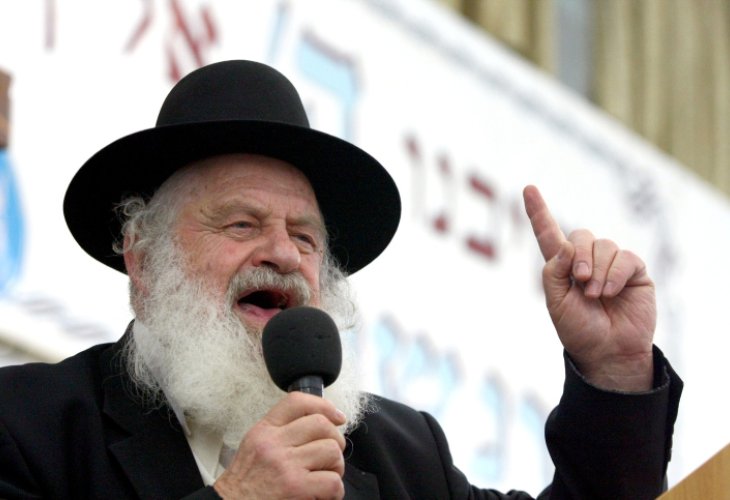Torah Personalities
From Spotlight to Soul: Remembering Rabbi Uri Zohar Two Years After His Passing
Once Israel’s most famous entertainer, he left it all behind to dedicate his life to Torah and truth
 Rabbi Uri Zohar (Photo: Aviram Sultan / Flash 90)
Rabbi Uri Zohar (Photo: Aviram Sultan / Flash 90)A Sudden End to a Remarkable Journey
This Saturday night marks two years since the sudden passing of the late Rabbi Uri Zohar. He died of cardiac arrest at the age of 86 in his home in Jerusalem. His death marked the end of one of the most extraordinary transformations in modern Israeli history: a man who moved from the pinnacle of secular stardom to the quiet depths of Torah scholarship.
In the 1970s, Uri Zohar was a household name in Israel. He was a celebrated actor, comedian, screenwriter, and film director, one of the most recognizable faces in Israeli pop culture. But then, at the height of his career, he walked away from the entertainment industry and began a new life of spiritual exploration and religious commitment.
A Meeting That Changed Everything
It was 46 years ago that Uri Zohar began his journey back to Torah Judaism, enrolling first in the Or Sameach yeshiva in Jerusalem and later continuing in Aderet Eliyahu, the yeshiva of the late Rabbi Yitzchak Shlomo Zilberman in the Old City. There, he not only learned but eventually began to teach.
Reflecting on the turning point in his life, Rabbi Zohar once described the moment that shook him to his core:
“For 40 years I lived in Israel, considered myself a Jew and I didn’t know what a talmid chacham (Torah scholar) was. I didn’t know such a thing existed. When I met Rabbi Zilberman, I encountered a Torah scholar for the first time. The wisdom that came from him, it was like nothing we had ever seen. All of us, the film industry people, were fascinated. We asked questions, argued, and he answered everything. And then he said a sentence that, with Hashem's help, changed my life: ‘My young friend, I can prove to you that there is a Creator who gave the Torah at Mount Sinai.’ That sentence lit a fire of fear in my heart.”
That spark led to a complete shift in worldview:
“If there’s a Creator, then there’s judgment and a Judge. Life has purpose. We didn’t create ourselves. A piece of flesh, dust created itself? Gave itself a mind? Wanders around saying, ‘Me, me, me, me, me’? There is a Creator who made me, formed me, gave me a soul. He’ll bring us before the Heavenly Court and ask: What did you do? Why did you do it? That is the ultimate question. It’s a matter of life and death.”
A Life of Meaning and a Legacy of Clarity
For Rabbi Zohar, the realization was stark: if there is no Creator, then "eat and drink, for tomorrow we die.” But if there is, then nothing is trivial. “If there’s no Creator,” he said, “then everything is permitted—steal, cheat, do what you want. But if there is, then everything matters.”
Rabbi Uri Zohar left behind more than the stage. He left behind his old self. In return, he gained a life of meaning, awe, and unshakable faith. For decades, he inspired thousands with his lectures, his presence, and his honesty. His journey became a powerful symbol of personal transformation and religious awakening.

